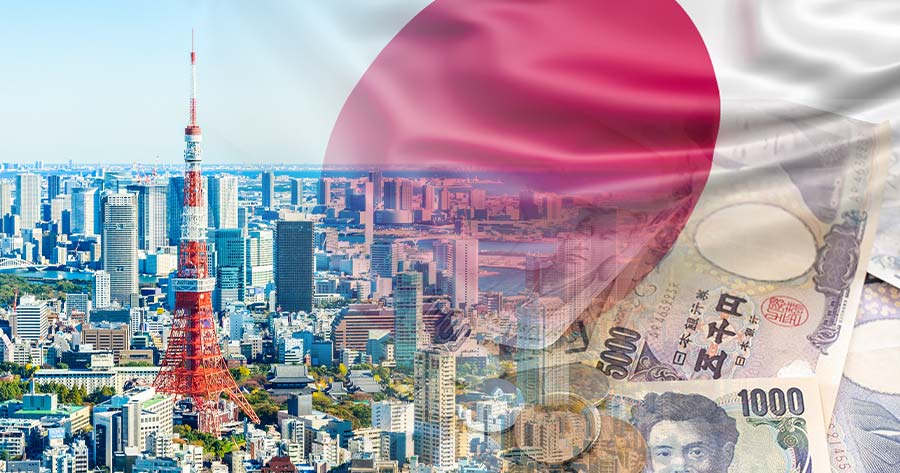Japan’s economy experienced a more robust expansion than anticipated during the last quarter of the year, as according to preliminary figures released on Monday, the gross domestic product (GDP) for October-December increased by an annualized rate of 2.8%, surpassing the 1.0% growth forecasted in a Reuters poll.
The rise was primarily driven by heightened business investments and an unexpected surge in consumer spending. In addition, the development also bolstered the central bank’s rationale for potential interest rate increases.
Meanwhile, analysts noted that the impressive growth figure was somewhat inflated by a reduction in imports which improved the trade balance, along with the impact of year-end bonuses.
Kazutaka Maeda, an economist at Meiji Yasuda Research Institute, interpreted the details as suggesting the underlying economic strength wasn’t as formidable as the overall growth figure might imply.
Following a revised 1.7% expansion in the previous quarter, the annual GDP increase translated to a quarterly rise of 0.7%, exceeding the anticipated 0.3% increase. Consumer spending, crucial to economic activity and making up the majority of GDP, inched up 0.1%, contrary to expectations of a 0.3% decline, although this was a slowdown from the 0.7% growth seen earlier.
Maeda pointed that the uptick was partly attributed to significant year-end bonuses which may wear off as January progresses. Persistent food price increases also weigh on the consumption outlook.
In 4Q24, Japan’s capital expenditures—a crucial component for stimulating demand-driven growth—increased by 0.5%. This fell short of market expectations for a 1.0% rise but marked a recovery from the decline experienced in the previous quarter.
Economy Minister Ryosei Akazawa voiced optimism regarding a continued gradual recovery. Nonetheless, he urged vigilance over the adverse effects of persistent food price hikes on consumer spending power and sentiment.
Analysts also expressed apprehension over potential disruptions from U.S. tariff policy under President Donald Trump, which could threaten Japan’s export-oriented economy given that the U.S. accounts for a significant portion of its exports.
Contributing positively, the GDP results are in line with the Bank of Japan’s stance that demand and inflation justify ongoing interest rate hikes. Economist Uichiro Nozaki of Nomura Securities mentioned that the current economic situation supports gradual interest rate increments without urgency.
In 2024, Japan’s nominal GDP reached 609.29 trillion yen ($4 trillion), crossing the 600 trillion yen mark for the first time, yet remaining the world’s fourth-largest economy, trailing Germany.





